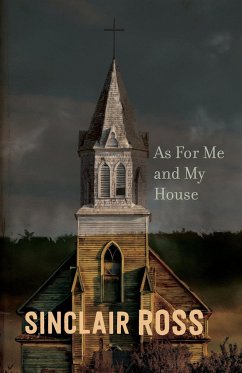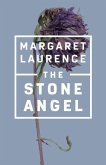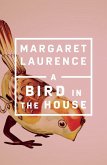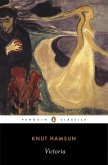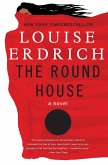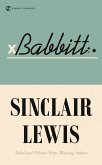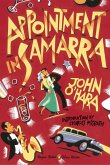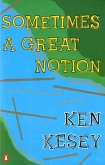As For Me and My House is an essential Canadian work--a precise and compelling portrait of our culture, our psyche, and the nature of contemporary art itself, now available as a Penguin Modern Classic. In the windswept town of Horizon, an unamed diarist paints a vivid and enthralling picture of prairie life in the Depression era. Atmospheric, intimate, and richly observed, As For Me and My House is a moving meditation on the bittersweet nature of human relationships, on the bonds that tie people together and the undercurrents of feeling that can tear them apart. It is one of Canada's great novels and a landmark in modern fiction.
Hinweis: Dieser Artikel kann nur an eine deutsche Lieferadresse ausgeliefert werden.
Hinweis: Dieser Artikel kann nur an eine deutsche Lieferadresse ausgeliefert werden.

